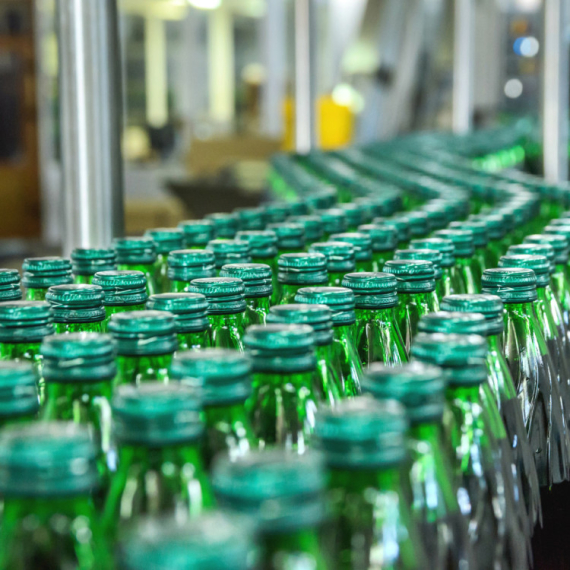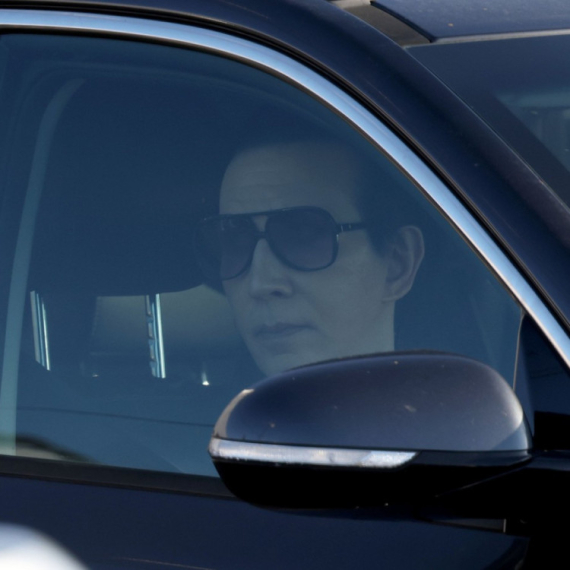Monopolies hindering Serbian economy
Monopolies have a negative effect on the market because they preclude competition or new investment, experts say.
Tuesday, 27.11.2007.
11:08

Monopolies have a negative effect on the market because they preclude competition or new investment, experts say. There are two cases under way against the Delta company, before the Supreme Court and the Violations Court, over the monopoly it allegedly holds on the Serbian market. Monopolies hindering Serbian economy These cases were initiated by independent government anti-corruption and anti-monopoly bodies. Combating monopolies is necessary for free trade to flourish, as well as to boost competition and incoming investments, an absence of which could lead to an economic crisis, Aleksandar Stevanovic from the Center for Free Trade told B92. Product prices are determined by their value, production costs and transport. Retailers set higher prices to make a profit. Stevanovic said that this margin was a lot higher in Serbia than in EU member-states, and that retailers added profit margins of between 20 and 45 percent. Product margins in the EU are eight percent. There are monopolies in Europe as well, but the monopolies cannot use their market position to gain economic profit, Stevanovic said, adding that formation of monopolies worked in the state’s favor in Serbia. Stevanovic said that monopolists could not abuse their position without state help. “Without the help of the state, there will always be someone who will say, ‘The margins are too high, we are going to offer less and enter the market.’” Stevanovic used Merkator as an example, once Delta’s main competitor in Serbia. He said that public pressure had been created for a boycott of the Slovenian company.
Monopolies hindering Serbian economy
These cases were initiated by independent government anti-corruption and anti-monopoly bodies.Combating monopolies is necessary for free trade to flourish, as well as to boost competition and incoming investments, an absence of which could lead to an economic crisis, Aleksandar Stevanović from the Center for Free Trade told B92.
Product prices are determined by their value, production costs and transport. Retailers set higher prices to make a profit. Stevanović said that this margin was a lot higher in Serbia than in EU member-states, and that retailers added profit margins of between 20 and 45 percent.
Product margins in the EU are eight percent. There are monopolies in Europe as well, but the monopolies cannot use their market position to gain economic profit, Stevanović said, adding that formation of monopolies worked in the state’s favor in Serbia.
Stevanović said that monopolists could not abuse their position without state help.
“Without the help of the state, there will always be someone who will say, ‘The margins are too high, we are going to offer less and enter the market.’”
Stevanović used Merkator as an example, once Delta’s main competitor in Serbia. He said that public pressure had been created for a boycott of the Slovenian company.



























































Komentari 1
Pogledaj komentare